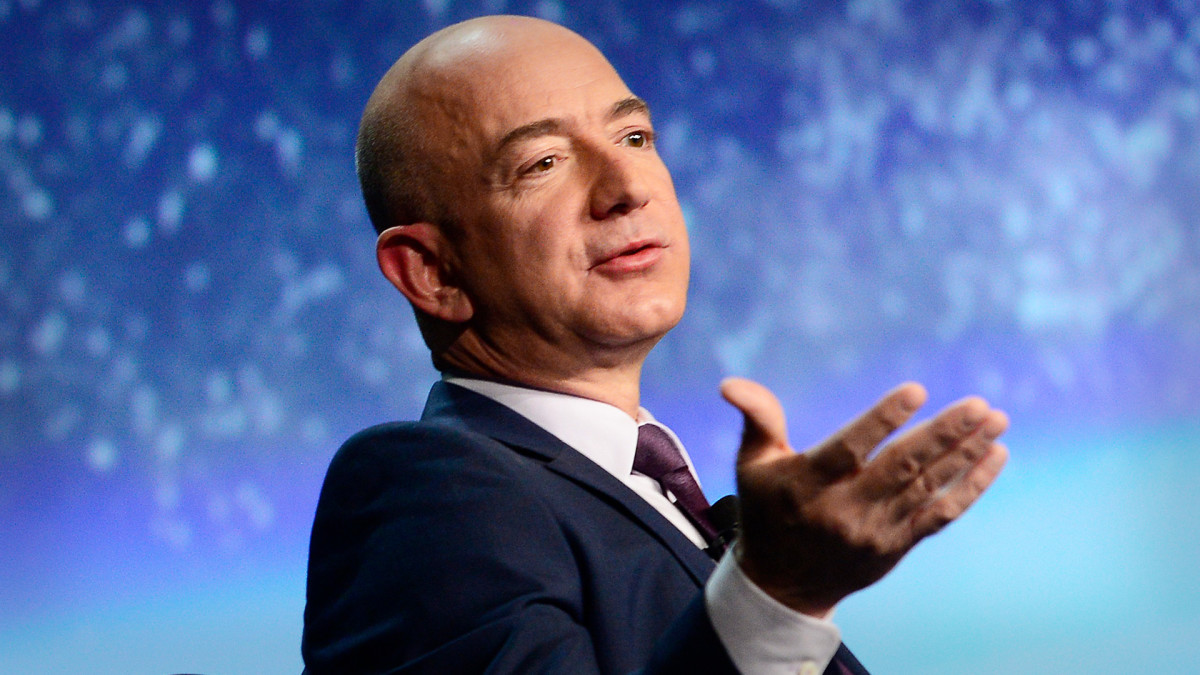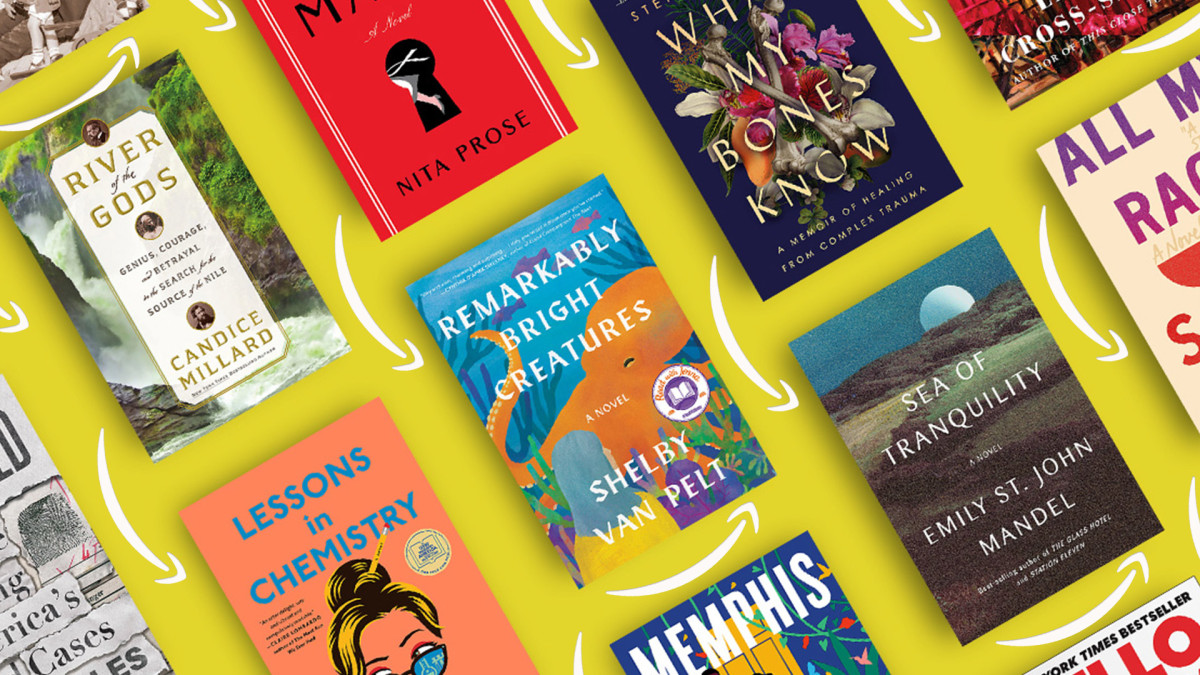
If you're one of the roughly 200 million Amazon (AMZN) Prime subscribers, chances are you've bought at least a few products from the online giant.
In the early days, Amazon's ambitions were much smaller than they are today. Rather than becoming a leader in logistics, cloud computing, grocery, speedy delivery, and a general purveyor of almost everything you didn't know you needed, Amazon began as a humble bookseller.
Related: Jeff Bezos' net worth: How Amazon’s founder & world's richest man spends his billions
Perhaps humble isn't the best way to put it.
The Amazon many of us can't live without was founded in 1994 under a different name — Cadabra — and began making deliveries to all 50 states in the U.S. a year later. But it wasn't shipping shoes, clothing, and skincare in little brown boxes and white bags the way it is today.
Amazon began as a bookstore because Jeff Bezos had ambitions to disrupt the old model of dusty bookshops with limited titles.
More Retail News:
- Walmart luxury dupe goes viral, delights shoppers
- Nordstrom agrees to large acquisition with shocking business change
- You may pay more at restaurants after surprising 'junk fees' ban decision
He noted that books were relatively easy to come by and even easier to ship. They were lightweight, easy to come by, and almost always in demand. Plus, Amazon was early to the online shopping trend, so by the time it was up and running, nearly everybody was already too eager to test an online purchase on something as easy as a book. It saved readers a trip to a corner store and maybe a few bucks.

Image source: Amazon/TheStreet
Amazon inspires other giants
It wasn't long before Amazon began selling other easily distributable goods. Music and movies were the natural next step for the growing tech company. Then, in 2006, it opened up Amazon Web Services (AWS), a cloud computing platform, which is still where the lion's share of its revenue comes from today.
Amazon's pathway to success became something of a north star for other aspiring giants. Especially during the pandemic, the diversified darling made seemingly impossible strides because it offered such a wide array of products.
While people stayed at home, Amazon's streaming service, Amazon Prime Video, was happy to entertain its subscribers. Lightning-fast delivery offered toilet paper and toothpaste when local box stores were out. And when things opened back up, Amazon was happy to provide folks with a pleasant shopping experience at its brick-and-mortar locations, including Whole Foods (which it acquired in 2017) and Amazon Fresh.
Related: Walmart customers outraged over popular product price increase
This diversification of retail goods is now the standard for success among corporate giants. Walmart has since launched Walmart+, its version of Amazon Prime, offering similar benefits to subscribers but at a lower fee ($98 per year vs. Prime's $139). And Target has begun to foray into a similar venture with its Circle 360 program.
Top retail CEO delivers blunt Amazon accusation
But not all retailers want to be another Amazon. Some prefer to stick to their roots entirely.
Such is the case for James Daunt, the CEO of Barnes & Noble, a bookseller that's experienced its share of ups and downs over the years.
Unlike Borders, a now-shuttered Barnes & Noble competitor, the latter has survived multiple rounds of disruptions, including the retail apocalypse of the early 2010s and COVID-19, which forced brick-and-mortar stores to close for long stretches of time.
But Daunt says this differentiator is what makes it a strong competitor to Amazon.
He claims the retail giant was simply a means to an end and "doesn’t care about books.”
Related: Walmart, Costco, Target make major 2025 announcement
Daunt's statement is bold, considering Amazon accounts for roughly half of all book purchases made and sells about 700 million each year.
Speaking with PBS Newshour, Daunt said that Amazon's bookselling is “a massive positive for what it is to be a great bookseller.”
That's because Amazon has “taken all the boring books out of our stores,” leaving Barnes & Noble to focus on what sells well.
Rather than watching textbooks or irrelevant materials collect dust on its shelves, Barnes & Noble has culled the products that don't make it money and now stocks the most popular titles, even offering some exclusive products for die-hard fans of best sellers.
These editions often sell out and fetch higher than average prices because they include content and cover art customers can't get elsewhere.
“You will have an experience, and when you walk out of the store with [a book] in your bag it will lift you,” Daunt said. “It’s the same book, but I promise you it’s a better book, and the reading of it will be more pleasurable because you bought it in a bookstore.”
Related: Veteran fund manager delivers alarming S&P 500 forecast







